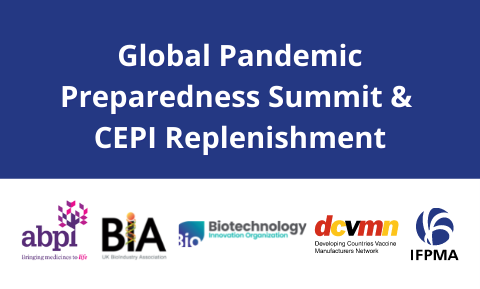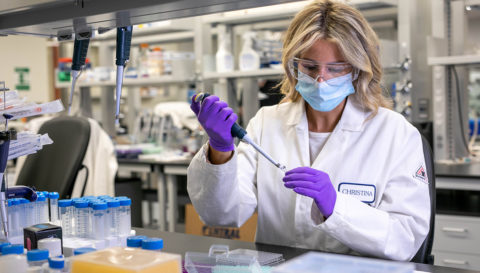While the world is still grappling with COVID-19, the global community needs to look ahead to how it can learn from this experience and better prepare for the next health crisis. Ending this pandemic and preparing for the next one demands an end-to-end, lab-to-last-mile strategy. The world needs to act globally and locally to improve our preparedness against future pandemics – from ensuring that pathogen surveillance and sharing systems are pandemic-ready and support pre-emptive R&D to guaranteeing that health systems are resilient and that people feel confident in their governments and in diagnostics, vaccines and treatments.
As discussions continue through WGPR and INB channels on a potential pandemic instrument, we must bear in mind that any future global health architecture must acknowledge a multistakeholder structure, including industry, public agencies, multilateral organizations, financial institutions, governments, civil society, and philanthropic organizations. This is the only viable solution to managing pandemic crises. It is also clear that the system needs to build on the private sector’s strengths in R&D, manufacturing, and distribution, which can only be achieved through a robust intellectual property system.
While the World Health Organization must have a key role in future pandemic preparedness, it should not be within a command-and-control structure. As the IPPR rightly said in its final report “WHO is and should be the lead health organization in the international system but it cannot do everything. It is imperative that the international preparedness and response system work together at the global, regional, and country levels as a well-defined and well-coordinated system in support of countries where different actors’ comparative advantages are maximized (…).”
We remain committed to working with the WHO and other global health stakeholders to ensure that the world is better prepared for the next health emergency, in the hope that our experiences at the forefront of the response to the current pandemic have demonstrated that we are uniquely positioned to contribute to future pandemic preparedness discussions.












